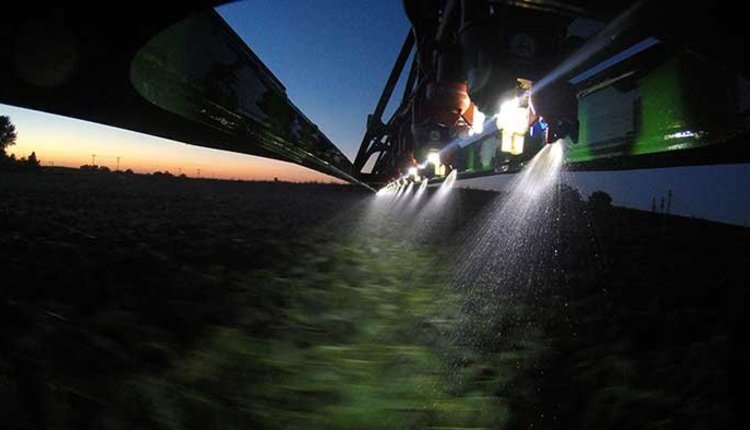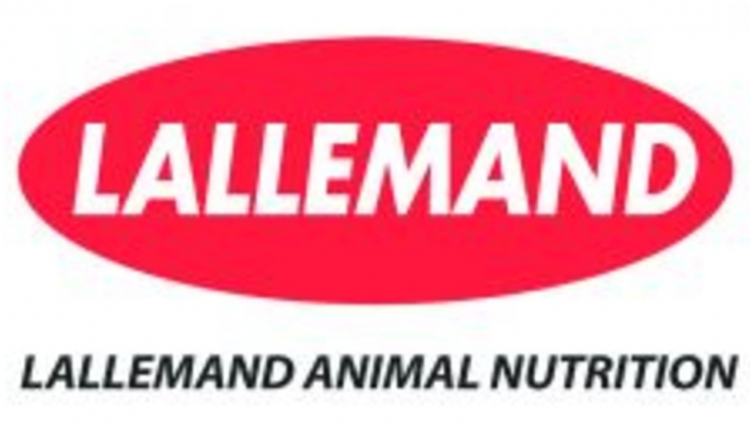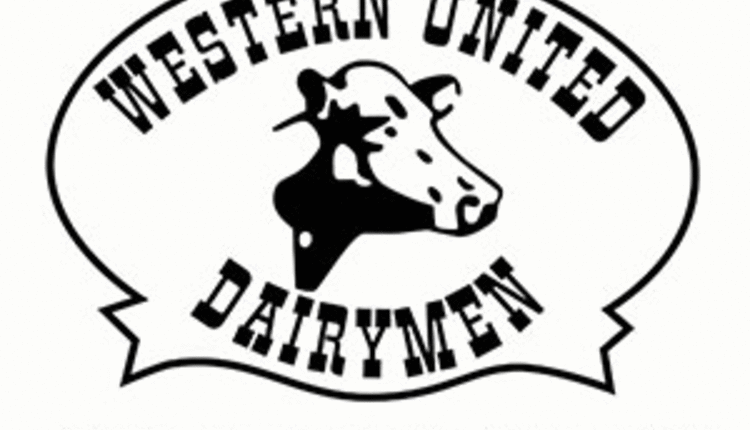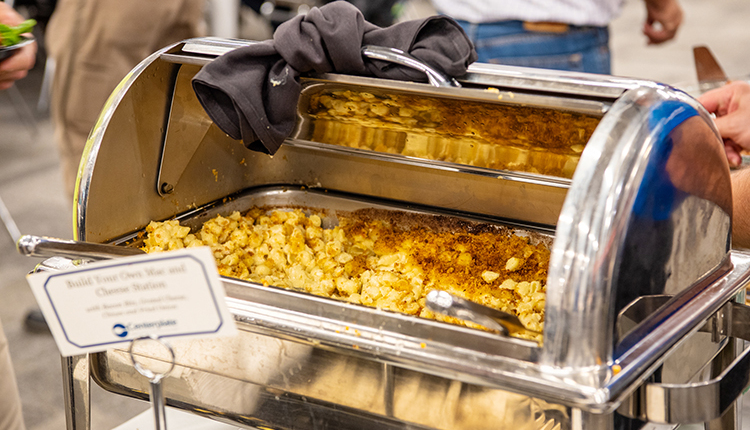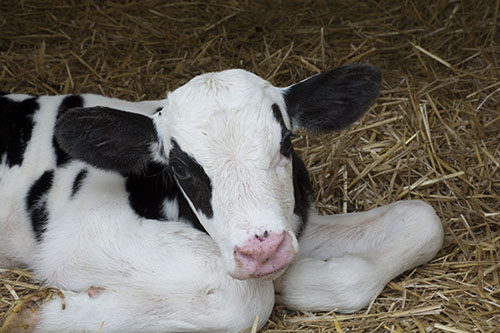
Carrying around a few extra pounds of holiday weight gain, some of us in colder climates may joke that we need that extra padding to help keep us warm. For most humans, a little extra fat isn't going to make an impact, but for newborn calves, it really can mean the difference between life and death.
We know colostrum best for its crucial role in providing immunity for calves. Another benefit is the nutrient content it brings. According to Debbie Haines, a professor at University of Saskatchewan's Western College of Veterinary Medicine, colostrum contains high amounts of important vitamins and minerals.
During her presentation at the Purina Leading Dairy Producers Conference held in Wisconsin Dells, Wis., Haines discussed the important role these nutrients play in a young calf's life. Of all the nutrients, which is most valuable?
"The nutrient in colostrum I think is most important and critical is the colostral fat," stated Haines.
She went on to explain that prior to birth, a calf relies on the metabolic activity of its dam. The minute it is born, a calf must depend on its own energy to start metabolic processes and defend its body temperature.
A calf is born with very little stored energy reserves. A small amount of glycogen is available to provide enough energy for about three hours. There is some white fat, an energy storing fat, that can provide energy for 12 to 18 hours. After that, a calf must metabolize energy within brown fat or shiver to generate heat.
Haines explained that brown fat is a specialized fat that doesn't store energy; instead, it creates heat from fat. It is found in both human babies and calves in small amounts. For calves, it makes up just 2 percent of the total body mass. It is colostral fat that provides the fuel for this brown fat.
Without colostral fat to create energy in brown fat, a calf must shiver to generate heat; otherwise, body temperature will start to drop and, in the worst cases, the calf may die.
Colostral fat in good quality colostrum is at least 20 percent of total solids. If using a colostrum replacement, Haines encouraged producers to check the label, as some have very low levels of fat. "Be very careful if the colostrum replacement has low fat or contains vegetable fat," she said.
Two quarts of good quality colostrum will provide energy for about 11 hours. Haines reminded producers to pay close attention to calves if it's very cold outside, as the same amount of fat will warm the body for significantly less time.

The author is an associate editor and covers animal health, dairy housing and equipment, and nutrient management. She grew up on a dairy farm near Plymouth, Wis., and previously served as a University of Wisconsin agricultural extension agent. She received a master's degree from North Carolina State University and a bachelor's from University of Wisconsin-Madison.
